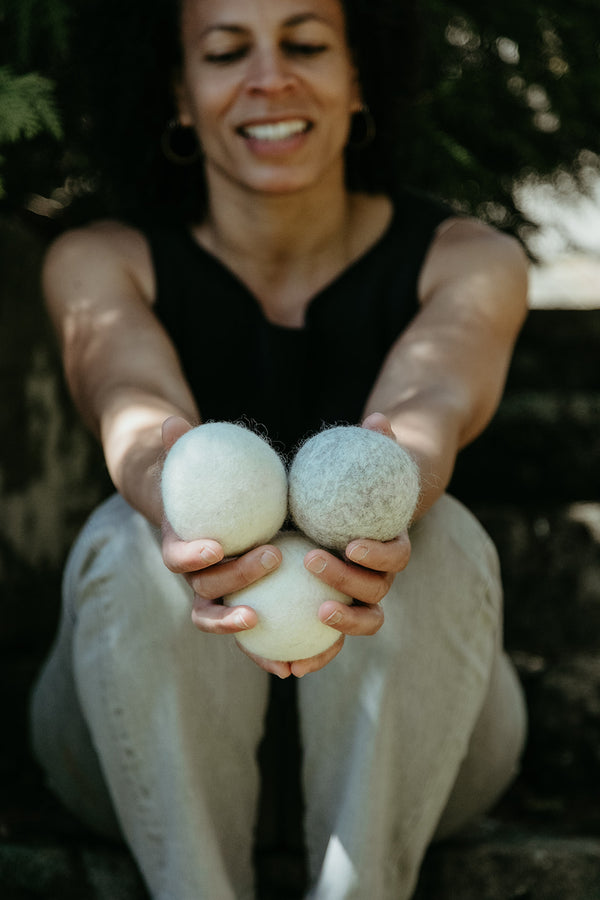Your Cart is Empty
Composting 101
May 24, 2016 2 min read

Composting is an important part of organic gardening. It’s also an environmentally friendly approach to reducing waste and improving soil conditions.

These eco-centric points are what drive Beedy Parker into her garden in Maine to compost three different systems all-year long, though her methods change slightly with the seasons. Parker has been composting the last 35-plus years. “It just made sense,” says the avid gardener, now 76. “With compost you’re creating life out of death. The material feeds plants and animals eat plants.”

Beedy is so into composting she shares her enthusiasm and know-how with adults and children alike in community classes that teach household composting. It’s a practice she encourages everyone to integrate into their daily routine. It’s easy, beneficial, takes little space and, despite a widespread misunderstanding, does not smell. For families, composting is a great way to teach youths a valuable lesson.
“Nothing is wasted and you can make something valuable out of something that’s smelly and nasty when it’s not breaking down in a composter,” Beedy says.
While Beedy utilizes a recycled black plastic composter—nicknamed Darth Vader due to its black, looming similarity to the villain—you can build your own or purchase one. Many varieties are available at garden stores and online, generally under $100.
Compost adds valuable nutrients to a garden or landscape. If you don’t have a green thumb, Beedy suggests bagging your compost and giving it away to eager gardeners.
Beedy concedes there is no one way to compost and suggests watching YouTube videos for insight. She especially recommends www.youtube.com/watch?v=Oj6DLDII5OA.
“Composting is very personal,” she says. “It’s like baking. People have different ways of doing it.”
Get Kids Involved
Kids love to get their hands dirty, so composting is right in their wheelhouse. Here are five ways to get kids involved—and teach them the value of composting along the way.
1. Dump food scraps saved in the kitchen into composting bin.
2. Dig up worms used to break down material and add them to composting bin.
3. When compost is too dry, add water. When it’s too wet, throw in some dried leaves.
4. Monitor the compost until it’s crumbly and very dark. Usually takes 2-3 months.
5. Plant and/or maintain garden or yard with a healthy dose of compost material.
Leave a comment
Comments will be approved before showing up.
Subscribe
Sign up to get the latest on sales, new releases and more …

Join the LooHoo Community
Sign Up Now to be entered in our monthly giveaway "Win One, Give One" LooHoo 3-Pack. Plus, be the first to learn about new products, sales and giveaways.


